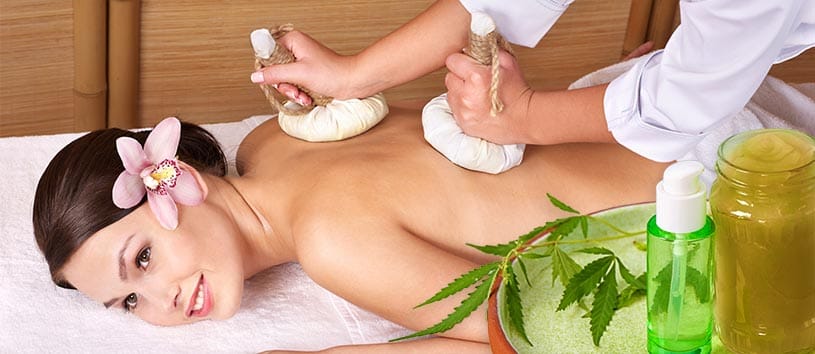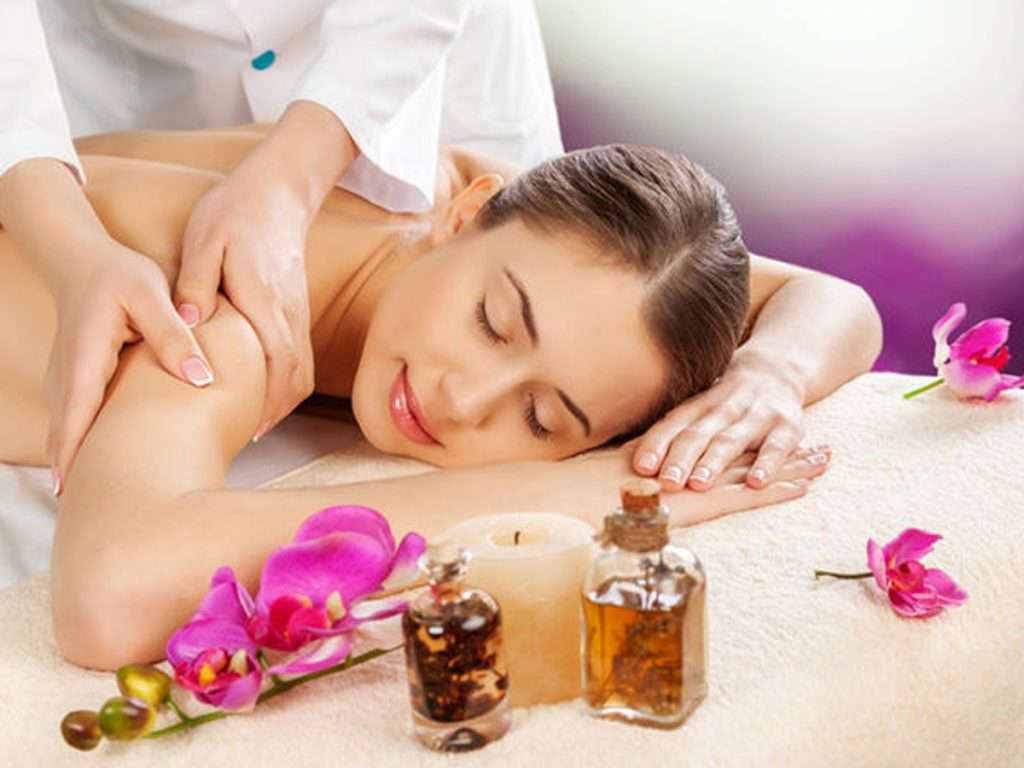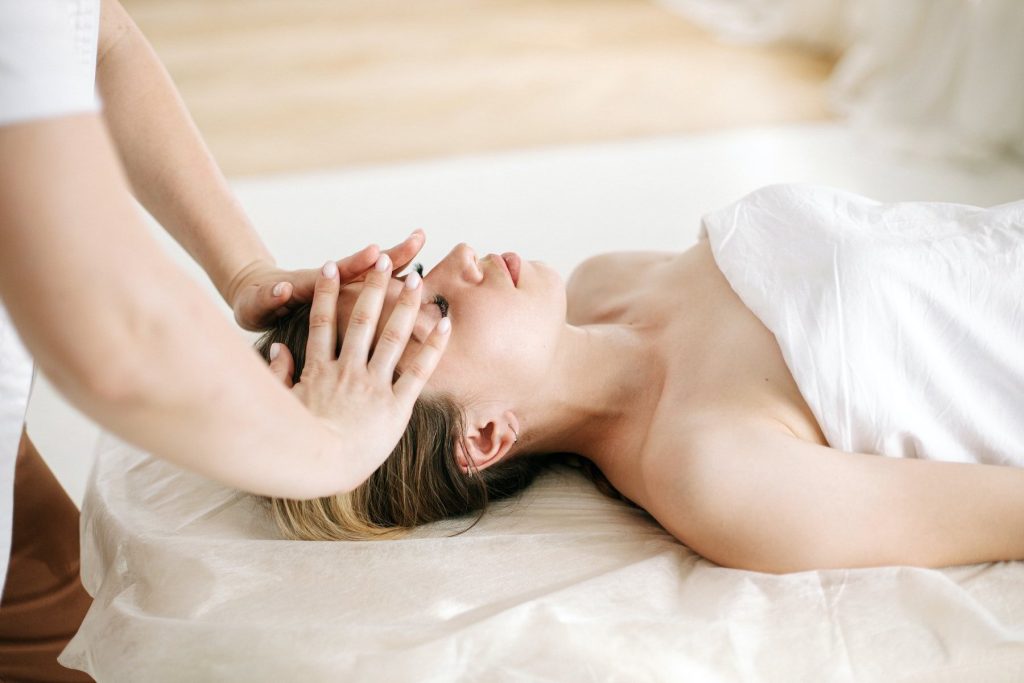What Is Holistic Massage Therapy?
Holistic massage therapy is an approach to massage that considers the individual as a whole, addressing not only the physical body but also the emotional, mental, and spiritual aspects of well-being. It’s based on the belief that all these aspects are interconnected and that a balanced and harmonious approach to healing and well-being is essential for optimal health.


Key aspects of holistic massage therapy include:
1. Whole-Person Approach:
Holistic massage takes into account the whole person, considering their physical, emotional, mental, and spiritual well-being. The goal is to promote balance and harmony in all aspects of an individual’s life.
2. Integration of Mind, Body, and Spirit:
This type of massage aims to integrate the mind, body, and spirit to promote overall health and wellness. It acknowledges the interconnection between physical health and emotional well-being.
3. Individualized Treatment:
Holistic massage therapists tailor each session to the unique needs and preferences of the individual. They consider the person’s physical condition, lifestyle, stress levels, emotional state, and personal goals for the massage
4. Stress Reduction and Relaxation:
- Stress reduction and relaxation are fundamental goals of holistic massage. Through various massage techniques and approaches, the therapist helps the individual release tension and stress, allowing for a deeper state of relaxation.
5. Promotion of Healing and Wellness:
Holistic massage aims to promote the body’s natural healing mechanisms. It encourages the flow of energy, blood circulation, and the release of toxins, fostering an environment for the body to heal itself.
6. Variety of Techniques:
Holistic massage can incorporate a range of massage techniques, including Swedish massage, deep tissue massage, lymphatic drainage, myofascial release, energy work (e.g., Reiki), and more. The choice of techniques depends on the individual’s needs and goals.
7. Holistic Lifestyle Recommendations:
In addition to the massage itself, holistic massage therapists often provide recommendations for lifestyle changes, such as dietary adjustments, exercise, stress management techniques, and self-care practices, to support overall well-being.
8. Therapist-Patient Relationship:
Establishing a trusting and supportive relationship between the therapist and the individual is important in holistic massage. It encourages open communication and understanding of the person’s holistic needs.

Holistic massage therapy is not a replacement for medical treatment, but it can be a complementary approach to traditional healthcare. It’s essential to consult with healthcare professionals for any medical conditions and use holistic massage therapy in conjunction with appropriate medical care when needed.
